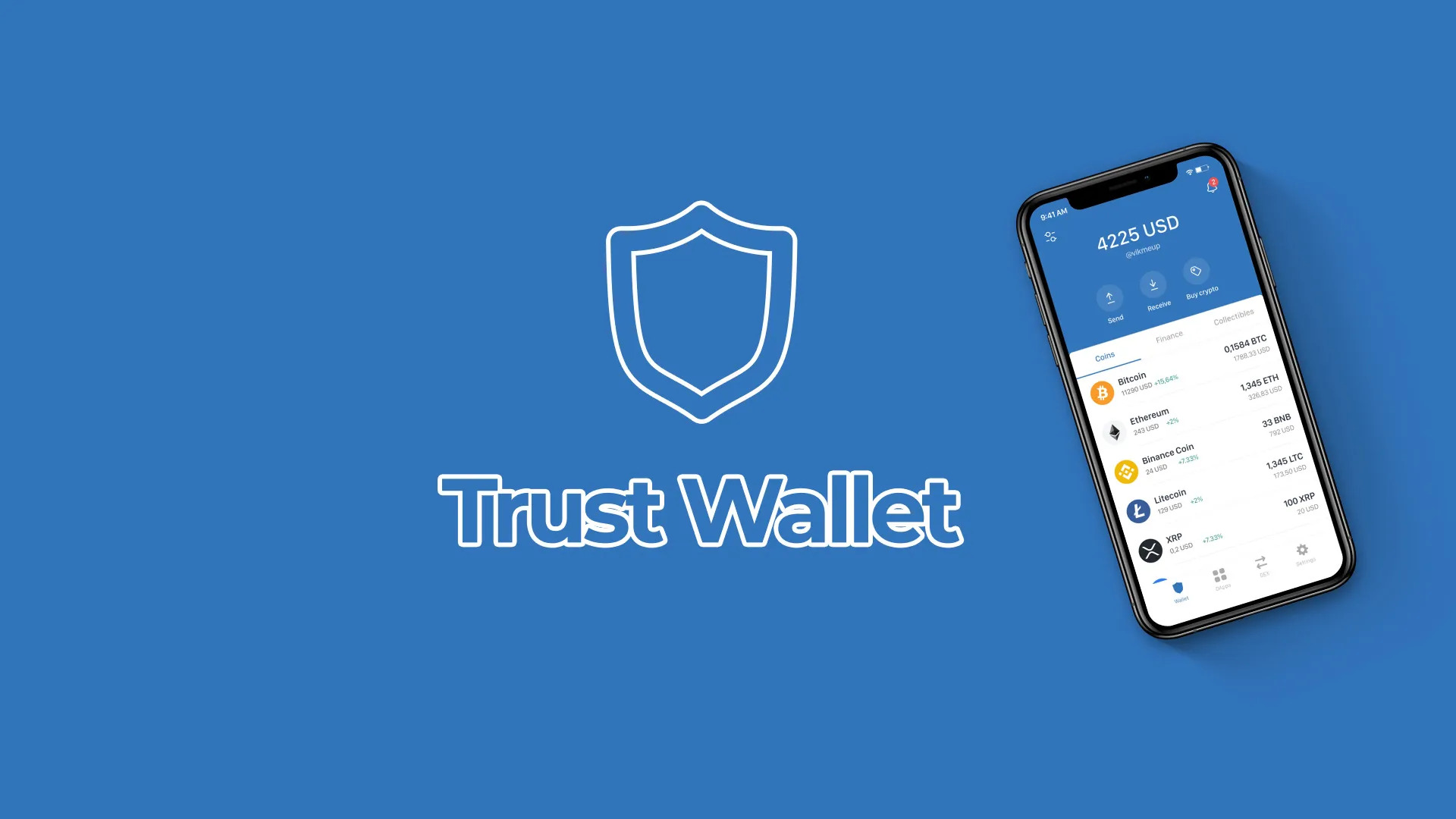Ever had that moment when you realize your crypto wallet isn’t just a digital piggy bank, but actually the key to your financial sovereignty? Yeah, me too. Something felt off about relying on centralized exchanges, especially when it came to managing assets across different blockchains. Seriously, juggling Ethereum, Binance Smart Chain, and others was always a pain—until I stumbled upon a solution that got me thinking differently.
Here’s the thing. Private keys are the real deal. They’re not just some tech jargon tossed around by crypto bros; they literally control your assets. If you lose them, well… you lose access. No ifs, ands, or buts. But what if you want to play in multiple DeFi pools or swap tokens seamlessly across chains without hopping from one app to another? That’s where multi-chain wallets come into play, making life way easier. Initially, I thought managing multiple wallets was the only option, but then I realized—wait, why not one wallet that handles everything?
Okay, so check this out—there’s a wallet called truts wallet that’s been quietly gaining traction in the space. It’s designed to keep your private keys secure while letting you interact with several blockchains under one hood. Pretty nifty, right?
Whoa! But hold up, isn’t that risky? Putting all your eggs in one basket? Well, yes and no. The security model depends heavily on how the wallet manages those private keys. If it’s a custodial wallet, you’re basically trusting a third party, which kind of defeats the purpose. However, with non-custodial wallets like truts wallet, you retain control, and your keys never leave your device.
On one hand, having all your multi-chain assets accessible in a single app seems like a dream. Though actually, it raises concerns about attack surfaces—if someone cracks the wallet, they get everything. But here’s where advanced encryption and secure enclave technology come in, which truts wallet leverages to keep your keys locked up tighter than Fort Knox.
Hmm… I remember when I first tried connecting a DeFi app on my phone. The experience was clunky, to say the least. Switching networks manually, approving transactions for each chain—it felt like a chore. With multi-chain wallets, that friction drops significantly. The integration with DeFi platforms becomes smoother, almost seamless. You can stake, lend, or swap without constantly switching contexts.
Let me tell you—this integration is very very important. Missing it is like having a sports car but no keys. You can see the power, but you can’t use it. The DeFi ecosystem thrives on speed and interoperability, which multi-chain wallets facilitate brilliantly. And, honestly, some wallets just don’t cut it when it comes to UX for multi-chain interaction. That bugs me.

By the way, truts wallet doesn’t just stop at connectivity. It provides a backup and recovery system that respects your privacy. I’m biased, but this is a huge deal because losing your private key traditionally means losing everything. Their approach reminds me of how you’d secure your house keys: multiple copies, but only you know where they are.
Something else worth noting—DeFi platforms have grown explosively, but their security standards vary wildly. Having a multi-chain wallet that also integrates risk alerts or transaction monitoring would be a game changer. I’m not 100% sure if truts wallet has all these bells and whistles yet, but their roadmap hints at some serious developments.
Why Multi-Chain Matters More Than Ever
Look, DeFi isn’t just about Ethereum anymore. Chains like Solana, Avalanche, and Polygon have carved out huge niches. If you’re a serious user, ignoring them is like ignoring half the market. Managing assets scattered across these chains without a unified wallet is a nightmare. I tried it once, and it was frustrating enough to almost make me quit.
The smart solution? Embrace wallets that don’t force you to be a switch-hitter. Multi-chain wallets let you hold, transfer, and stake tokens across different networks without the usual hassle. And because your private keys stay local, you still own your funds outright. This balance between ease and security is crucial.
Now, initially, I thought that having multiple wallets was safer—like compartmentalizing your valuables. But then, the complexity and risk of human error (like sending tokens to the wrong chain or losing track of multiple passwords) made me rethink. Actually, wait—let me rephrase that. Having one wallet properly structured is safer in practice than juggling several imperfect ones.
Here’s where the ecosystem is evolving rapidly. Wallet developers are focusing on deep DeFi integration, like allowing direct interaction with decentralized exchanges, lending protocols, and yield farms from within the wallet interface. This saves a ton of time and reduces exposure to phishing attacks since you don’t have to copy-paste addresses or use risky browser extensions.
But, as always, no solution is perfect. I still get uneasy about the idea of a single point of failure. That’s why I recommend wallets that emphasize user control over private keys and offer robust recovery options. Something like truts wallet fits that bill without feeling overly complicated.
Here’s what bugs me about some wallets: they promise multi-chain support but only cover a handful of popular networks, ignoring emerging ones where the real yield might be. So when you pick a multi-chain wallet, check if it truly supports the chains you care about. Otherwise, it’s just marketing fluff.
Anyway, the bottom line is—your private keys are your identity in the crypto world. Protect them. Use wallets that give you control, flexibility, and integration with the DeFi tools you want to use. Multi-chain wallets are not just a convenience; they’re becoming essential as crypto ecosystems diversify.
Frequently Asked Questions
What makes private keys so critical?
Private keys are the cryptographic proof of ownership for your crypto assets. Without them, you can’t access or control your funds. Losing your private key is like losing the only copy of your house keys—no locksmith can help.
How does a multi-chain wallet differ from traditional wallets?
Unlike single-chain wallets that support only one blockchain, multi-chain wallets let you manage assets across multiple blockchains seamlessly, saving you the hassle of juggling different wallets and improving your DeFi experience.
Is using a multi-chain wallet riskier?
On one hand, consolidating assets in one wallet could seem riskier. But if the wallet safeguards your private keys securely and offers recovery options, it can actually reduce risks associated with human error and improve usability.
